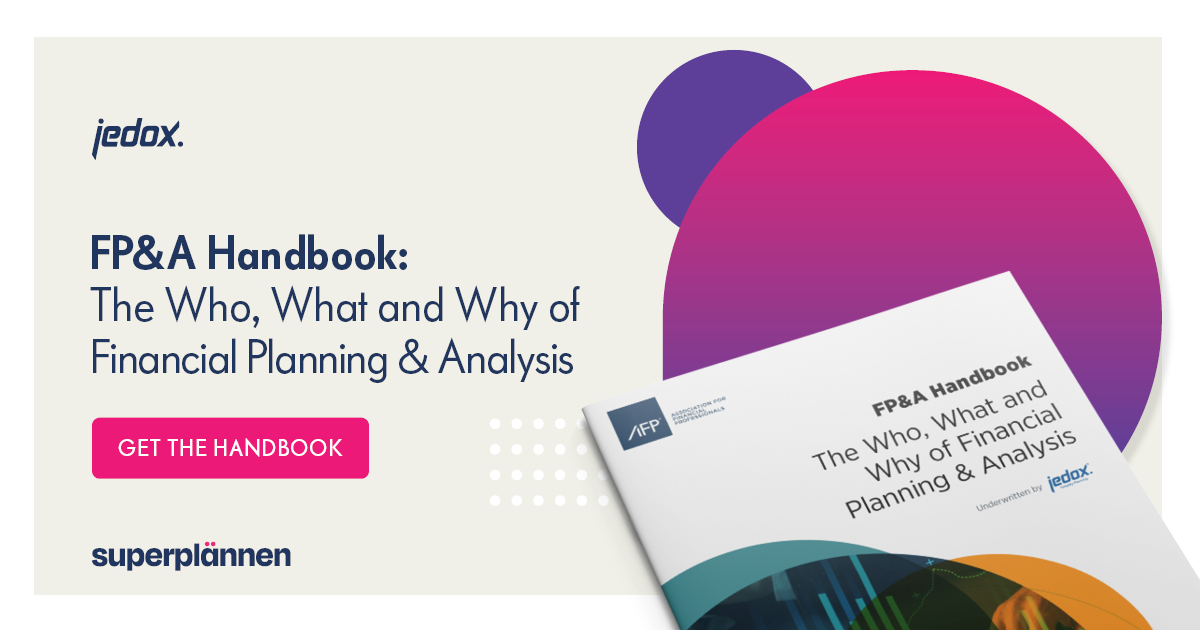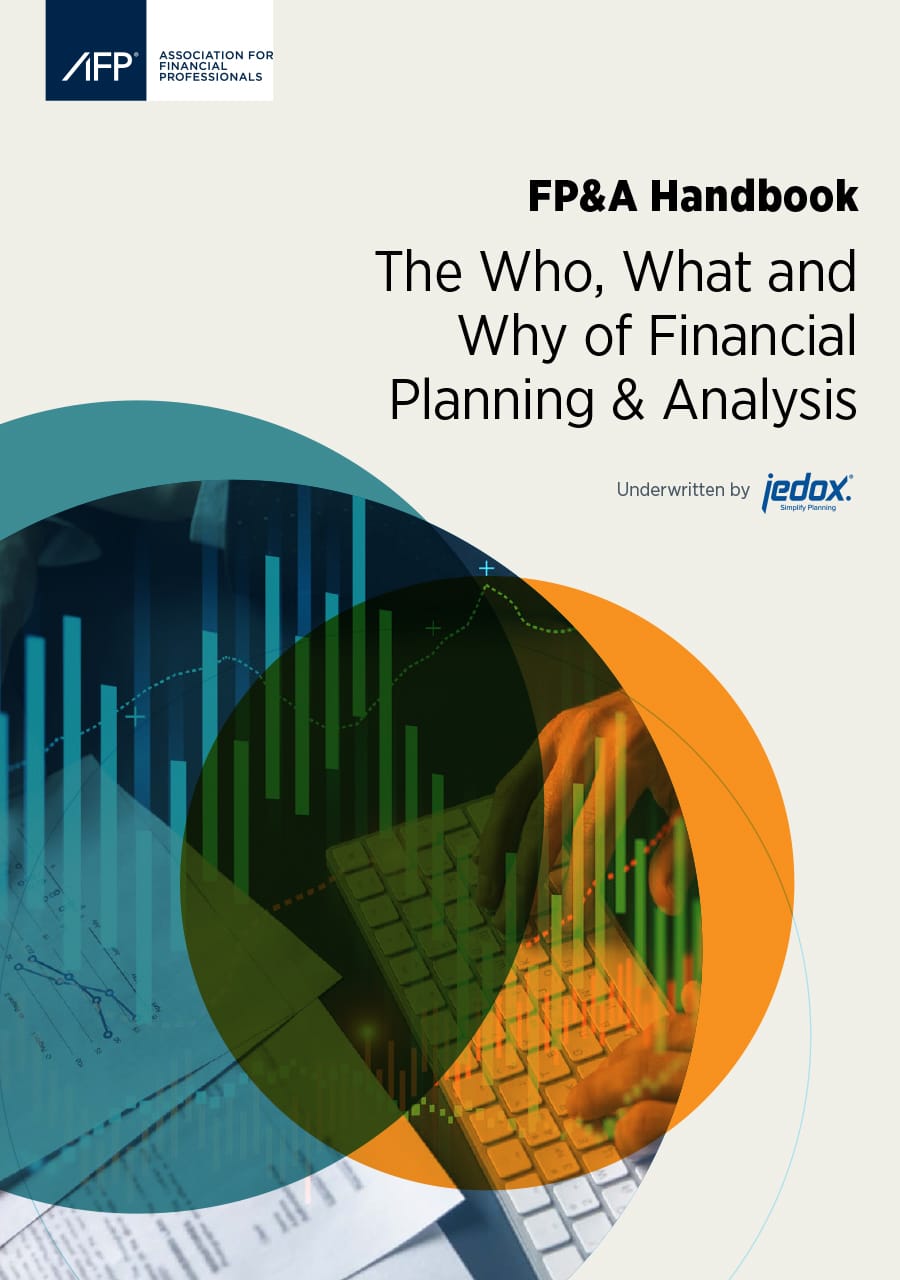
4 misconceptions about AI in finance organizations
There are glittering promises and lofty expectations of artificial intelligence (AI), yet misconceptions abound regarding its potential impact on the office of finance. Let’s explore four such misconceptions and their potential to perpetuate limiting beliefs that can impact the ability of a business to compete in the market and attract talent.
“There is no need to change what we’re doing.”
According to Psychology Today, fear of change is inherently and unavoidably human, given our brains naturally seek predictability and safety. Fear of change, specifically technological change, can also inhibit the adoption of artificial intelligence in finance organizations. Many finance professionals have historically relied on Excel and have produced reliable analysis and reports on which their organizations have grown to depend. Confidence in these institutionalized processes can deter explorations into process improvement, with AI or otherwise.
A common sentiment related to AI adoption is that the risk of potential disruption to legacy planning processes is simply too high. While this sentiment is understandable, it assumes AI cannot substantially increase the efficiency, sophistication, security, and specificity of corporate financial planning and analysis, and this assumption is not necessarily accurate. In today’s world, adhering to any status quo is itself a risk, and companies that are unwilling to deploy the most sophisticated planning tools available to them could risk their ability to compete, grow and scale.
“I will lose my job because of AI.”
The fear of losing jobs to technology has been recurrent throughout history and was especially prevalent when manufacturing technology began to replace human labor and displace human workers. The media and movies often don’t paint the most optimistic picture of artificial intelligence either. To an extent, this fear is valid: some repetitive tasks will no longer exist as AI automates them, and this can impact workers. The important distinction to make is that while automating specific tasks will change the scope of many finance jobs, finance professionals are unlikely to be suddenly unemployed if AI is deployed.
What AI can and will do is improve finance jobs by automating mundane tasks and transforming financial planning and analysis professionals from producers of reports to analysts of information. Given today’s highly competitive talent market, CFOs must be thoughtful about how to attract and retain promising talent who may seek more strategic and insightful work in their finance careers.
“Artificial Intelligence is a futuristic concept that has yet to become reality.”
We are utterly immersed in AI, and it is already impacting our lives in powerful and exciting ways. According to Forbes, it is AI that filters irrelevant and potentially dangerous messages from our inbox. It is AI that personalizes our social media feeds and helps Amazon curate our online shopping experience. It is AI that powers the recommendation and personalization algorithms that Netflix uses to produce and serve relevant and compelling content. It is AI that populates closed captions and subtitles in PowerPoint to make presentations more accessible.
From a technical perspective, artificial intelligence is stable, mature, and ready to support the office of finance. From a strategic perspective, it is helping CFOs provide the sophisticated insights that business leaders and investors are demanding.
“Our current scenario planning is enough.”
According to Harvard Business Review, scenario planning is a tool that has been leveraged since it was deployed and popularized by Shell in the 1960’s:
“Perhaps the greatest power of scenarios, as distinct from forecasts, is that they…introduce discontinuities so that conversations about strategy—which lie at the heart of any organization’s capacity to adapt—can encompass something different from the present.”
Scenario planning is rarely 100% accurate no matter what planning method is used; however, even a modest increase in accuracy derived from using AI-powered scenario planning is an improvement to which there is unquestionable upside. The need to incorporate macroeconomic factors such as inflation, rising interest rates and escalating oil prices in addition to crises such as the war in Ukraine and the COVID-19 pandemic demand a level of intelligent planning that could soon render traditional methods of scenario planning less reliable and therefore, less desirable.
In sum
The demand for forward-thinking insights will only increase as the unprecedented challenges for which we must plan bring into question the limitations of traditional Excel-based planning. As the finance function continues to evolve into the hub of a data-driven business landscape, AI will become the table stakes tool needed to power that transformation.
This article was first published with CFO Dive. Download the pdf here.




